New, Online Program Examines Impact of Toxic Chemicals on Women’s Health
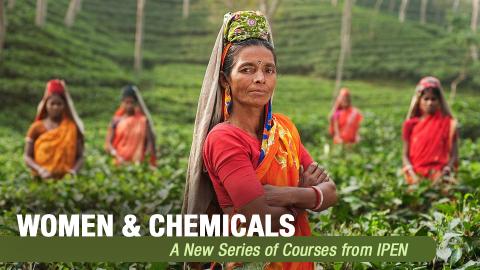
Gothenburg, Sweden A new educational series will focus on the specific risks women face when exposed to toxic chemicals. The goal of the free, online course is to educate the public at large and to build a broad, woman-led leadership for addressing issues related to toxic chemical exposure. The first in the nine-part series will be available beginning 18 October 2021 and can be accessed at https://ipen.teachable.com.
Sara Brosché, author of Women, Chemicals, and the SDGs, released in 2021, said: “Women are disproportionally impacted by exposure to chemicals and wastes, but they are under-represented when decisions about chemical use and disposal are being made. At the same time, it is women who often become the key agents for change in their communities. In developing this educational program, International Pollutants Elimination Network (IPEN) hopes to encourage women to play a greater role in deciding when and how toxic chemicals are manufactured, used, and disposed of – at the community level as well as at national and international levels.”
“Many household products that are used daily by women across the globe are harmful to our health, and the health of our future generations. These programs will help women, and the general public, learn when and how they are affected, and what they can do about it,” said Pamela Miller, the IPEN Co-Chair and IPEN Women’s Caucus Co-Chair.
The Teachable platform works best in the following browsers: Chrome, Firefox, and Safari.
Though the programs will be conducted in a variety of languages, all will be subtitled in English. The topics covered are as follows:
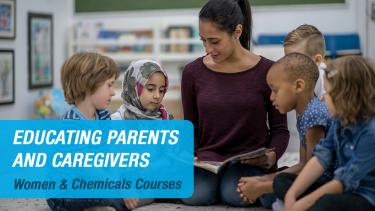
Educating parents and caregivers: exposure pathways of harmful chemicals with a focus on chemical exposure of women, presented by Ms. Chalani H.T. Rubesinghe. The course is in Sinhala and English.
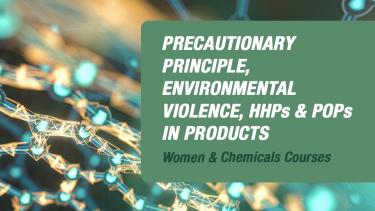
Precautionary principle and environmental violence associated with highly hazardous pesticides, (HHPs) and persistent organic pollutants (POPs), presented by Ms. Cecilia Bianco, Ms. Claudia Costinovsky, Ms. Ariana Ortega, Ms. Sofia Naranjo and Ms. Giuliana Martín. The course is presented in Spanish with English subtitles.
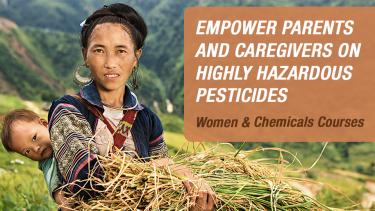
Empowering parents and caregivers understanding and knowledge of Highly Hazardous Pesticides (HHPs): what they are, where they are used, how they are introduced into a country, and how to avoid them, presented by Vivianne Atah. The course is in French and English and will be available on 2 November, 2021.
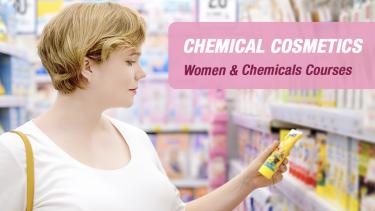
Chemical Cosmetics: toxic chemicals in skin care products and cosmetics, presented by Ms. Oroba Ahmed. The course is in Arabic and English and will be available on 9 November, 2021.
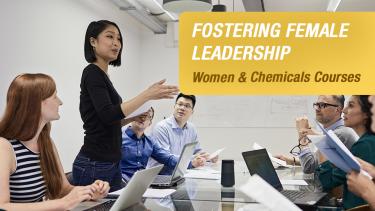
Fostering female leadership: training women to address chemicals and waste in the public setting, presented by Aleksandra Mladenovic, Andjelka Mihajlov, Dragana Petrovic and Hristina Stevanovic. The course is in Serbian and English and will be available on 16 November, 2021.
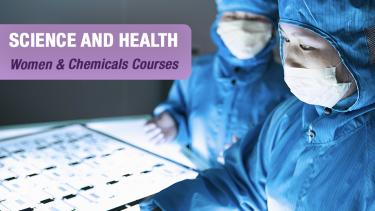
Science and Health: an introduction to various hazardous chemicals found in our environment and their health effects, particularly among women, presented by Vera Ngowi. The course is in Swahili and English and will be available on 23 November, 2021.
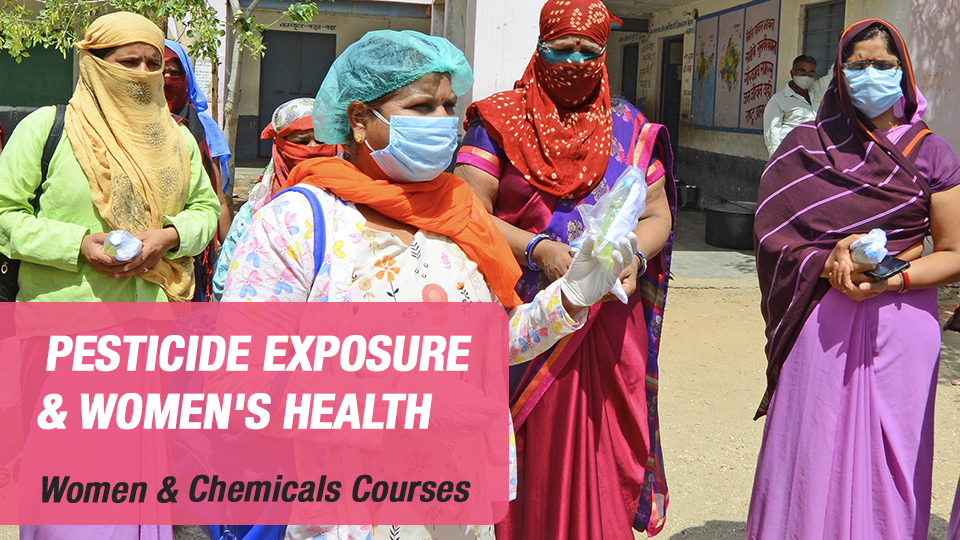
Pesticide Exposure & Women's Health: a focus on highly hazardous pesticides (HHPs), presented by Rossana Dewi. The course is in Bahasa Indonesia, and English and will be available on 30 November, 2021.
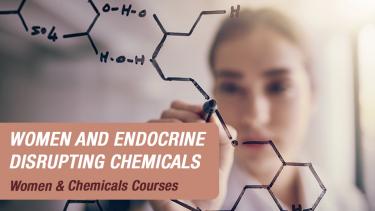
Women and endocrine disrupting chemicals: where EDCs are found, how we are exposed to them, sensitive windows of exposure, and how to prevent the exposure, presented by Oleg Sergeyev. The course is in Russian and English and will be available on 7 December, 2021.
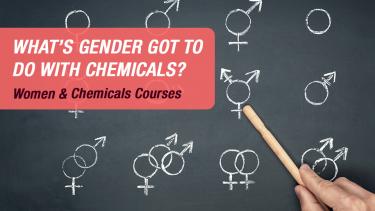
What's gender got to do with chemicals: why women have a different susceptibility to chemicals, presented by Johanna Hausmann. The course is in English and will be available on 14 December, 2021.
